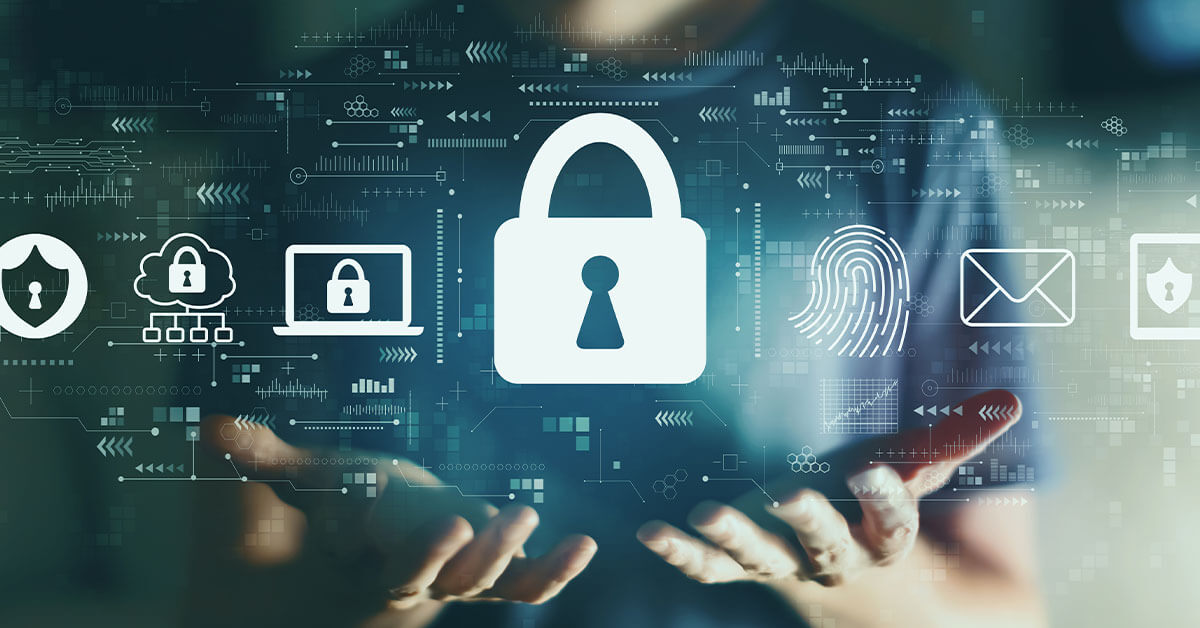Protect your privacy Protect your wealth
Cyber alertness reduces financial risk by erecting barriers to entry that cyber criminals may seek to penetrate.
We can liken the situation to homes with security screens and doors. If a burglar has a choice between a screened property and one without, they are likely to attack the latter. We now know that the cyber-criminal thinks similarly.
In December 2022, we shared an article alerting readers to various steps that can minimise the risk to your financial resources. You can refer back to that article after reading using the link below to the December 2022 article.
Cyber crime is a serious threat to individuals and organizations that rely on the internet and digital devices. The perpetrators of cyber crime set about stealing personal information, money, or data, or disrupt or damage systems and networks. Consequently, it is now clear that cyber alertness is a personal duty and responsibility for ech of us.
Cyber alertness tips
To avoid being a victim of cyber crime, we commend the following basic cyber security practices, such as:
- Use strong passwords and change them regularly.
- Do not open or click on suspicious links or attachments in emails or messages.
- Install and update antivirus software and firewall on your devices.
- Avoid using public Wi-Fi or unsecured networks for sensitive transactions or communications.
- Be careful about what you share online and who you interact with.
- Report any suspicious or fraudulent activity to the authorities or relevant platforms.
Following these tips, you will minimise plundering of your data by cyber criminals. In turn, that will reduce your financial risk as a victim of their activity.
Why cyber alertness
The ACCC’s Scamwatch statistics reveal that Australians reported a total of $568.6 Million lost to scams in 2022. 39% of those losses were by people aged 55 and over. This is big business for scammers, and a cause for concern for all Australians. For example, notable recent attacks have included Medibank, Optus and Bank customers.
If you’ve been caught up in one of these attacks, you might be left wondering what information was exposed. You will also be concerned as to how this data could be used to your disadvantage. Data breaches and scams go hand in hand with scammers using information they have stolen, to target individuals.
There is no shortage of ways fraudsters and scammers might attempt to get you to part with your hard-earned savings/ investments. They include phishing for information through to impersonation of family members. Some recent examples of this have been the “Hi Mum” texts, and “puppy” scams. Nothing seems to be off limits to these criminals.
Cyber alert practices
Before you click a link inviting you to “confirm” your personal details or open that attachment, STOP. Does the message look and feel legitimate? Is the spelling correct in the email and in the subject line? Does the email/ web address look strange/ unfamiliar in its structure?
If any of these shortcomings exist, ignore the message entirely. Alternatively, contact the business directly (not using the suspect email) to ask if the contact is legitimate. `
Passwords for all online accounts should be strong and unique. It’s also best to avoid using the same password for multiple accounts.
If passwords you regularly use are likely to make the top 10 most common passwords list, change them.
Digital wallets have been very helpful in creating and securely storing strong passwords, they too can be prone to hacking. Always be alert for anything that appears ‘out of the ordinary’. Don’t overlook suspect footnotes and/ or signature block in emails.
3. Multi-Factor Authentication (MFA)
Multi-Factor Authentication requires a second verification process to be able to access an account. The process is often an SMS or email code or through the use of an authenticator app. Enabling MFA provides an extra hurdle for anyone trying to access your accounts.
You should regularly check your financial accounts and bank statements for any scam activity. Contact your bank or financial institution promptly if you see anything suspicious!
It looks like scammers are here to stay, at least for some time. Take the necessary steps to better secure your future by protecting yourself and your personal data. The steps outlined above are a great start to keeping your privacy secure.
Cyber security gatekeeping
- Ensure you have up to date anti-virus software on devices used to access these accounts.
- Do not store private identification information on your computer – or your smart phone – in a readily accessible way.
- Use a secure browser when logging into financial accounts online.
- Avoid using public Wi-Fi to log into online banking.
- Contact your bank and other financial institutions immediately to report the suspected scam and seek their advice on what to do next.
- If you think your online password has been compromised, take steps to secure your accounts by changing your password.
- Report the scam to the ACCC via their “Report a Scam” webpage.
The information contained in this article is general information only. It is not intended to be a recommendation, offer, advice or invitation to purchase, sell or otherwise deal in securities or other investments. Before making any decision in respect to a financial product, you should seek advice from an appropriately qualified professional. We believe that the information contained in this document is accurate. However, we are not specifically licensed to provide tax or legal advice and any information that may relate to you should be confirmed with your tax or legal adviser.


